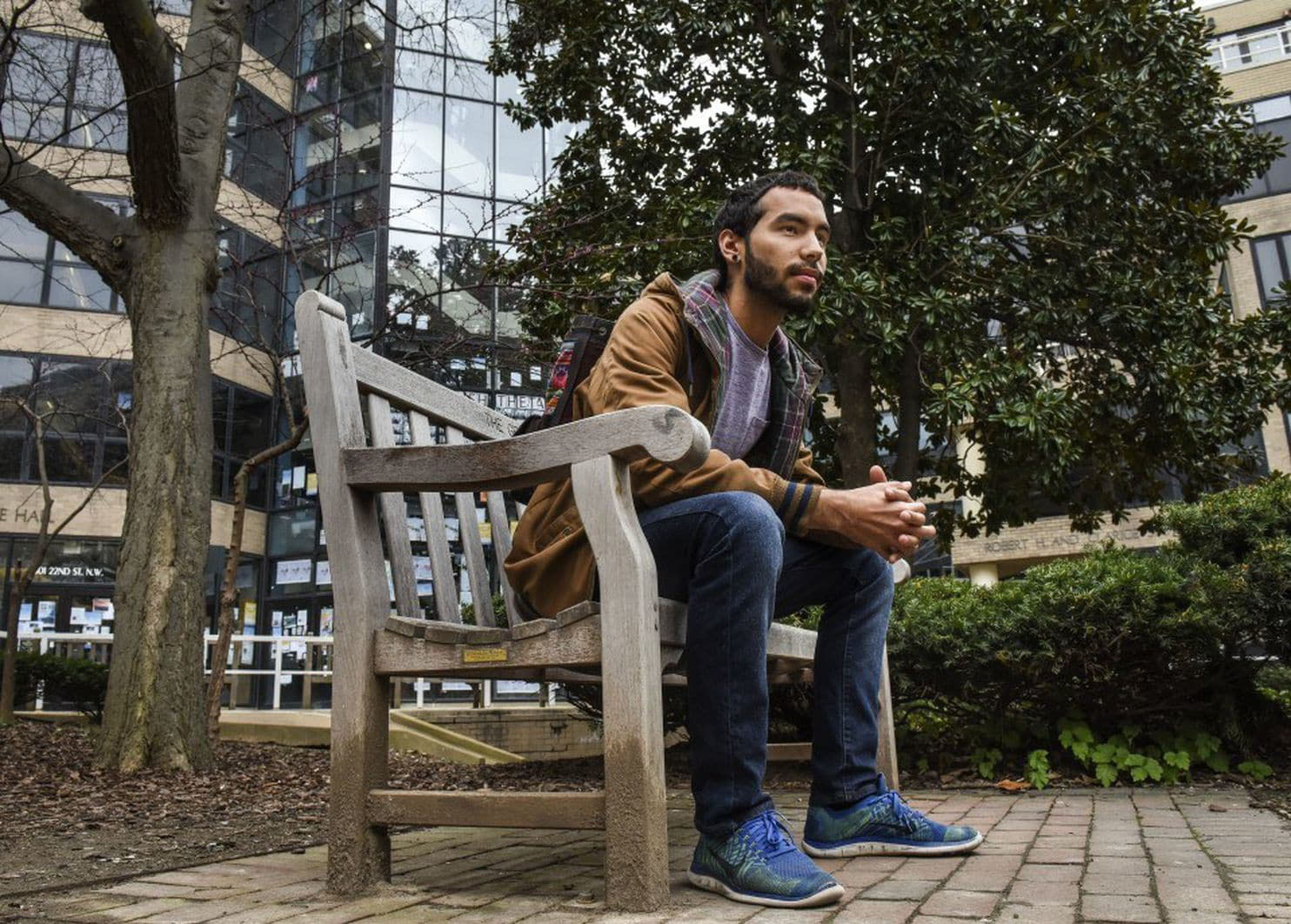Attending college can create dissonance for working-class students as they experience tension between their home communities and the norms and values of higher education. In this study, the author explored how working-class students make meaning of their social class identity at public research institutions. Through a critical constructivist narrative inquiry, the author interviewed 24 participants at 2 public research institutions about their social class backgrounds, identities, and experiences in higher education. Findings revealed that working-class students often experienced significant life events prior to enrolling in higher education that resulted in conflict between external messages and internal values related to social class and developed their meaning-making capacities. Moreover, as students moved from an externally to an internally based definition of their social class, they challenged deficit labels and emphasized their work ethic and resilience. This study emphasizes the need to further disaggregate social class identity across its different elements, to explore how other identities shape social class, and to incorporate opportunities for reflection related to social class on campus.
Explorescholarly articles
“When I Think About Working Class, I Think About People That Work for What They Have”: How Working-Class Students Engage in Meaning Making About Their Social Class Identity
Related Stories

Data, Assessment, & Evaluation
Staff Perceptions of First-in-Family Students in Higher Education: A Case Study of a Belgian College

Access and Persistence
“I Wasn’t Supposed to Be There”: Examining the Experiences of First-Generation Women of Color in Undergraduate STEM Majors

Data, Assessment, & Evaluation
